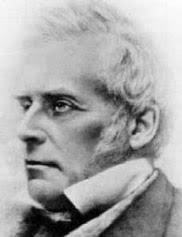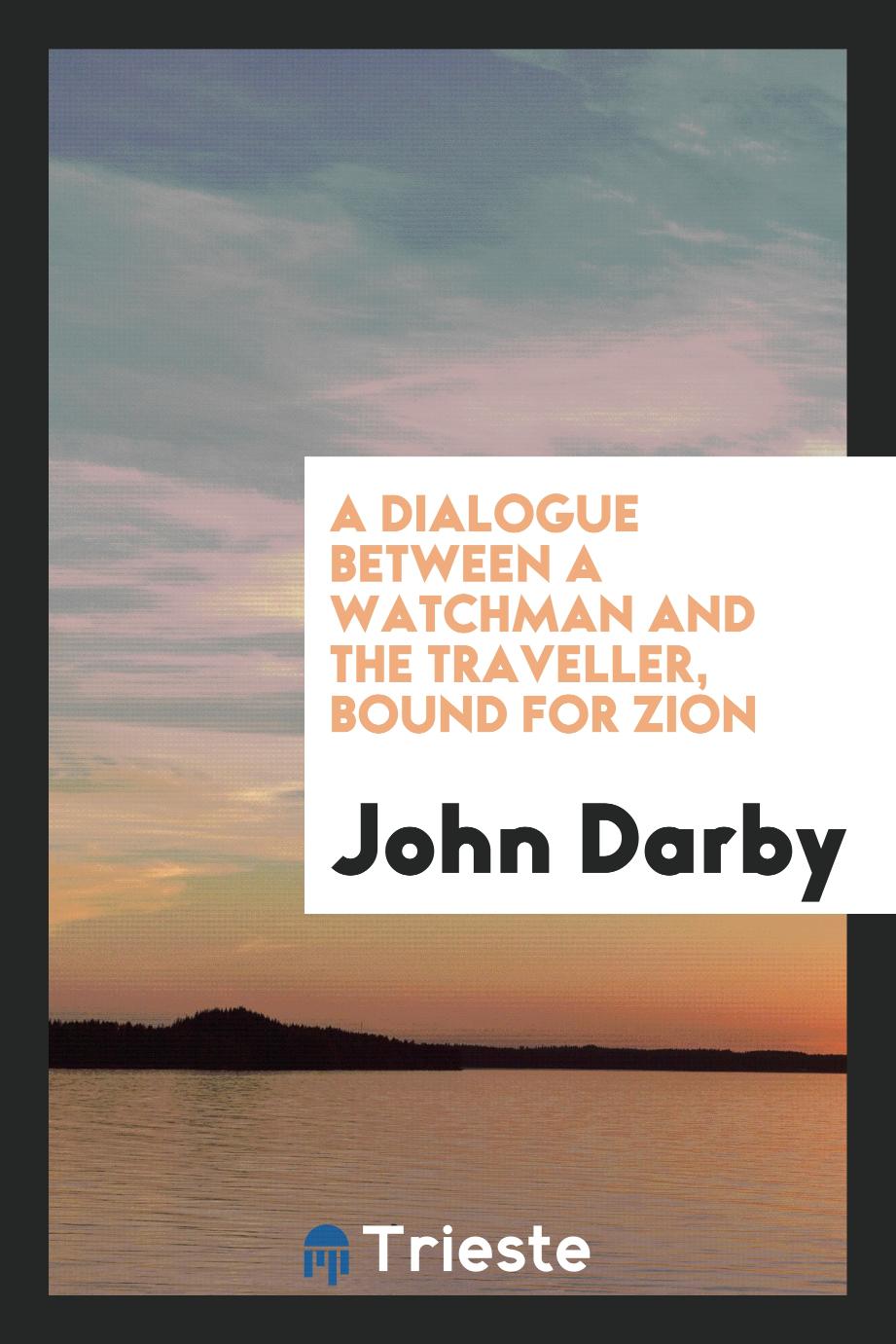
John Darby
John Nelson Darby (18 November 1800 - 29 April 1882) was an Anglo-Irish Bible teacher, one of the influential figures among the original Plymouth Brethren and the founder of the Exclusive Brethren. He is considered to be the father of modern Dispensationalism and Futurism. Pre-tribulation rapture theology was popularized extensively in the 1830s by John Nelson Darby and the Plymouth Brethren, and further popularized in the United States in the early 20th century by the wide circulation of the Scofield Reference Bible. He produced translations of the Bible in German "Elberfelder Bibel", French "Pau" Bible, Dutch New Testament, and English (finished posthumously) based on the Hebrew and Greek texts called The Holy Scriptures: A New Translation from the Original Languages by J. N. Darby. It has furthermore been translated into other languages in whole or part. John Nelson Darby was born in Westminster, London, and christened at St. Margaret's on 3 March 1801. He was the youngest of the six sons of John Darby and Anne Vaughan. The Darbys were an Anglo-Irish landowning family seated at Leap Castle, King's County, Ireland, (present-day County Offaly). He was the nephew of Admiral Henry D'Esterre Darby and his middle name was given in recognition of his godfather and family friend, Lord Nelson. Darby was educated at Westminster School and Trinity College, Dublin where he graduated Classical Gold Medallist in 1819. Darby embraced Christianity during his studies, although there is no evidence that he formally studied theology. He joined an inn of court, but felt that being a lawyer was inconsistent with his religious belief. The future Bishop of Meath and evangelical Joseph Singer tutored him at Trinity. He, therefore, chose ordination as an Anglican clergyman in Ireland, "lest he should sell his talents to defeat justice." In 1825, Darby was ordained deacon of the established Church of Ireland and the following year as priest.
